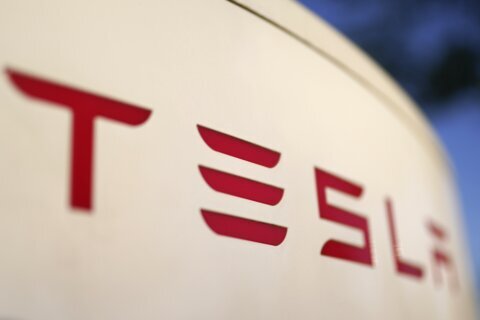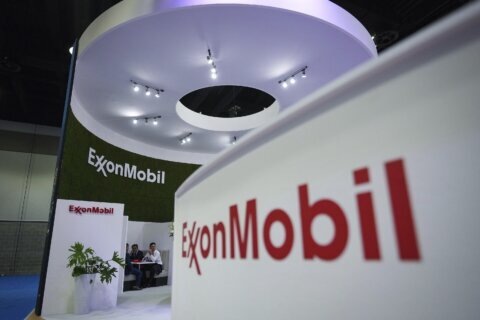Panera Bread Co. thought its coffee subscription plan was going to be one of its biggest changes in 2020.
But a month after the service launched, the coronavirus struck. Panera CEO Niren Chaudhary watched half of Panera’s sales evaporate within a week.
Chaudhary __ who joined the company in 2019 after a career at Yum Brands and Krispy Kreme __ said it was a frightening but invigorating time, with no playbook to follow.
“Our mindset was, how can we use this as a catalyst to become better and stronger and establish more trust with all of our important stakeholders?” Chaudhary said.
Chaudhary struck deals with CVS and Walmart, who agreed to temporarily hire the 35,000 employees Panera was forced to furlough. Within days, Panera set up curbside service at half its 2,300 locations. It started selling grocery staples like eggs and flour.
A year later, Panera is profitable again, Chaudhary said. It has rehired all its workers and is looking for more. The coffee service __ which offers unlimited coffee for $8.99 per month __ has 500,000 subscribers.
Customer interactions have changed. Eighty-five percent now get carryout or delivery, compared to 40% before the pandemic. So Panera is changing with them, adding drive-thru lanes, partnering with delivery companies and adding new services like catering virtual company events for employees working from home.
Chaudhary spoke with The Associated Press about the impact of the pandemic. His comments have been edited for length.
Q. What are some of the changes Panera made that are likely to remain even after the pandemic eases?
A. I think first and foremost, health and safety for our associates and our customers and tangible proof points in the cafe that they are safe will be an ongoing requirement. Masks, social distancing and some of that might change. But I think the desire to see frequent sanitization happening and a greater level of care around things being safe is going to be massively important. The second irreversible trend is the desire for ongoing convenience. It’s not that on-premise consumption would disappear, but delivery, rapid pickup, curbside pickup and drive-thru, those kinds of things are here to stay. A third irreversible trend that I see is technology. More than half of our sales __ $2 billion __ is now coming through e-commerce. More and more companies are going to innovate on that. How can we use geo fencing to identify where our customers are? How can we use mobile technology to create one-on-one relationships and more convenient interactions with our customers?
Q. Will the popularity of off-premise dining change the way Panera designs its stores?
A. Panera, as we know and love, we want to maintain that. But it will be a smaller version. It will have the fireplace. It will have the display of the bread and the bakery and everything that makes Panera so special. However, we will redesign it for greater off-premise convenience. So I can imagine you will have separate rapid pickup access. You will have, maybe, two drive-thru lanes, one for preorder and pickup.
Q. Like a lot of restaurants, Panera streamlined its menu early in the pandemic to save money. But in October, you added a completely new product: flatbread pizzas. What was the thinking behind that?
A. In the pandemic, off-premise is where the tailwinds are. Delivery is growing 150%, and the biggest daypart for delivery is evenings and weekends. Predominantly, we have a lunch business, but the evening __ during the pandemic, in particular __ requires warm, shareable meals to be consumed at home. We felt we had a gap, but there was also a gap generally in the market of really high quality, shareable flatbread pizzas that are affordable. So that is the reason it made sense.
Q. What are some of the things this past year has taught you?
A. One is resilience. When things appear to be overwhelmingly complicated and difficult, the importance of focusing maniacally on only what you can do and not on the noise of what’s happening around you is terribly empowering. I would remind myself, “Don’t worry about how long this will last or what’s going to happen. Worry about what you can do at Panera.” The second thing that gave me and the team emotional strength was leading with heart. Even if we did tough things, do it with compassion, with empathy and with respect. The third thing is this metaphor of windmills, not bunkers. When there’s a storm that’s raging, step back and say, “How can I harness the fury of the storm by building a windmill of opportunity? How can we actually step up and use this as an opportunity and not dive into a bunker?”
Copyright © 2024 The Associated Press. All rights reserved. This material may not be published, broadcast, written or redistributed.






